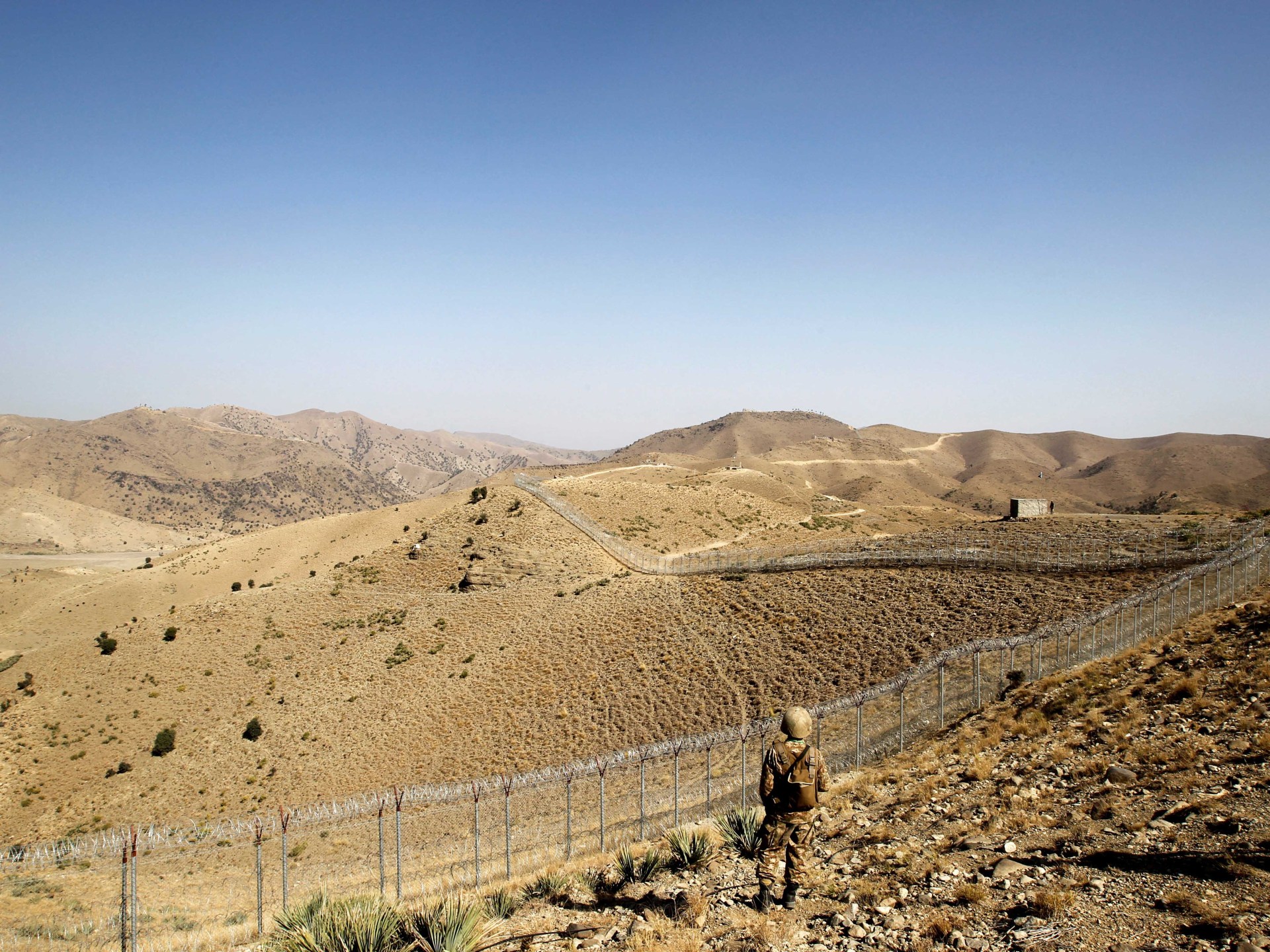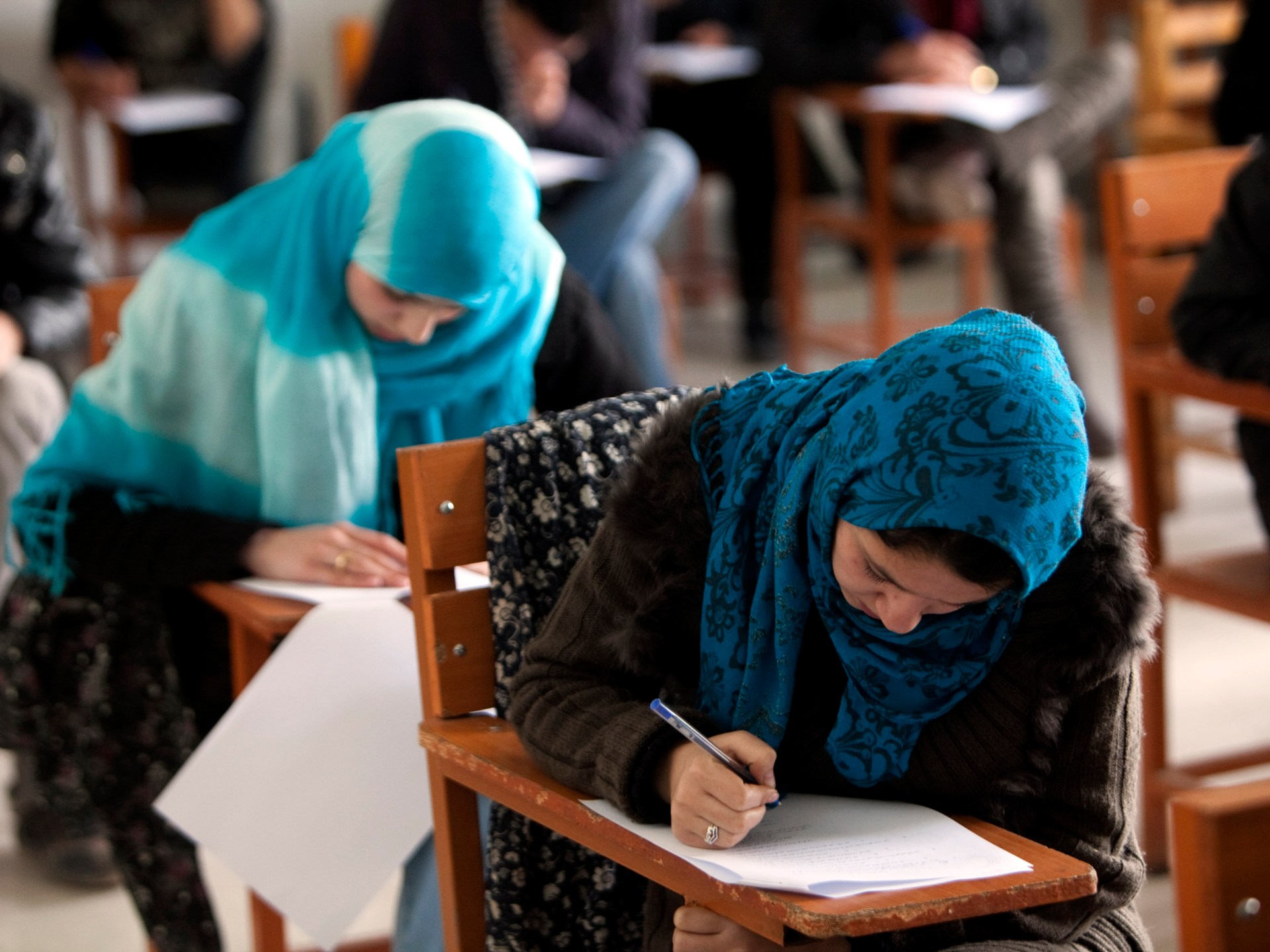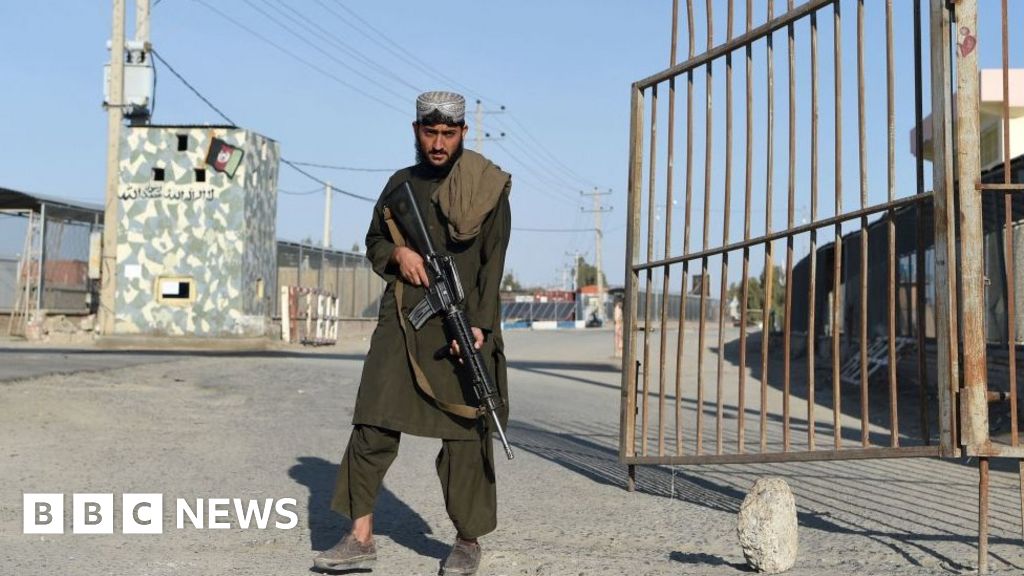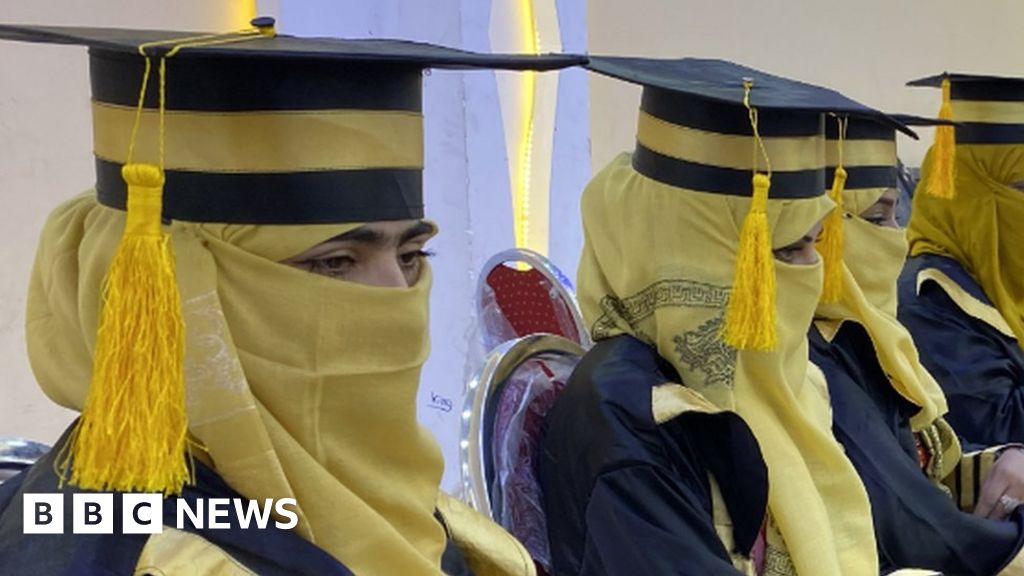The Malaysians were also there for a period; based in a camp already occupied by the Kiwis.
7. IIRC, from around 2010 to almost the end of the ISAF mandate, multiple rotations of Malaysian Medical Teams (MMTs) were sent to provide medical, dental and healthcare services to the Afghan civilian population in Bamiyan. MMTs were pretty hard core, deploying large 40 person teams.
8. Whereas since 2007, Singapore’s teams in Bamyan did their peace support work through contractors, with more deployed in summer — typically 6 man summer deployment teams — they were not always there in winter. The SAF construction engineering team, which commences operations while there serve as part of the NZ Provincial Reconstruction Team for a duration of six months, per tour.
The contingent comprised mainly medical teams who had a small security detail whenever they were in the field. A Royal Medical Corps Sergeant [he was previously in Bosnia] who was there told me some interesting stories.
9. MMTs did good work in Bamyan and really made a difference.
10. Whereas Singapore’s prior assistance efforts in Afghanistan was split into 3 provinces — with the surgical (8 personnel), UAV (52 personnel), WLR radar (21 personnel), and other teams sent to Oruzgan and institutional trainers sent to Kabul. More importantly, the SAF's deployment to Afghanistan to support the ISAF included multiple rotations of Imagery Analysis Teams. These teams working for ISAF intel provided imagery interpretation and analysis support for multi-national troops operating in Oruzgan, Afghanistan.
11. As part of its tiny contribution to the fight against ISIS in Iraq from Sep 2016 to 2018, the SAF Imagery Analysis Team was also deployed to Kuwait, along with an intelligence officer. This is because the Defeat-ISIS Coalition found that the multiple rotations of Singapore teams provided "useful intelligence support to identify terrorist infrastructure and facilities, and to avoid targeting civilian areas", said Dr Ng Eng Hen. Beyond the above deployments:
(i) Since Dec 2014, SAF liaison officers have been deployed to the US Central Command Headquarters.
(ii) Since Jan 2015, Intelligence Fusion Officers have been deployed.
12. Since 2014, the SAF has been part of the Defeat-ISIS Coalition, with multiple rotations of RSAF tankers over a number of years that have contributed to the Defeat-ISIS Coalition's ability to support increased aerial refueling demands in summer. This tanking support helped in the fights for Mosul, Iraq & Raqqah, Syria. The SAF also participated with the
deployment in 2018 of the SAF Counter-Terrorism Training Unit.



